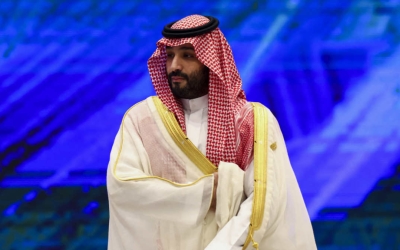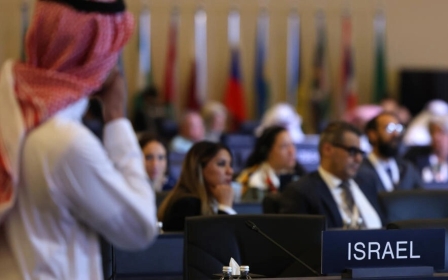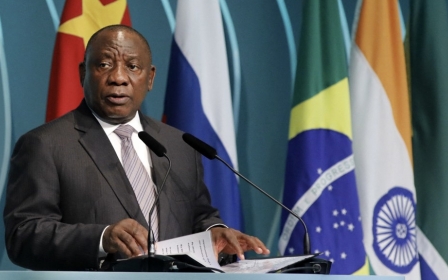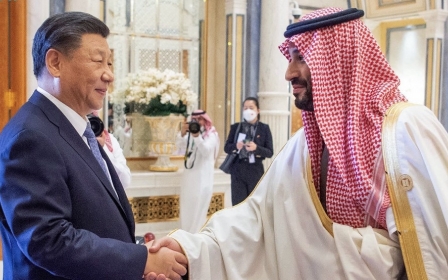Saudi-US arms deal called off over ties to sanctioned Russian, Chinese firms: Report
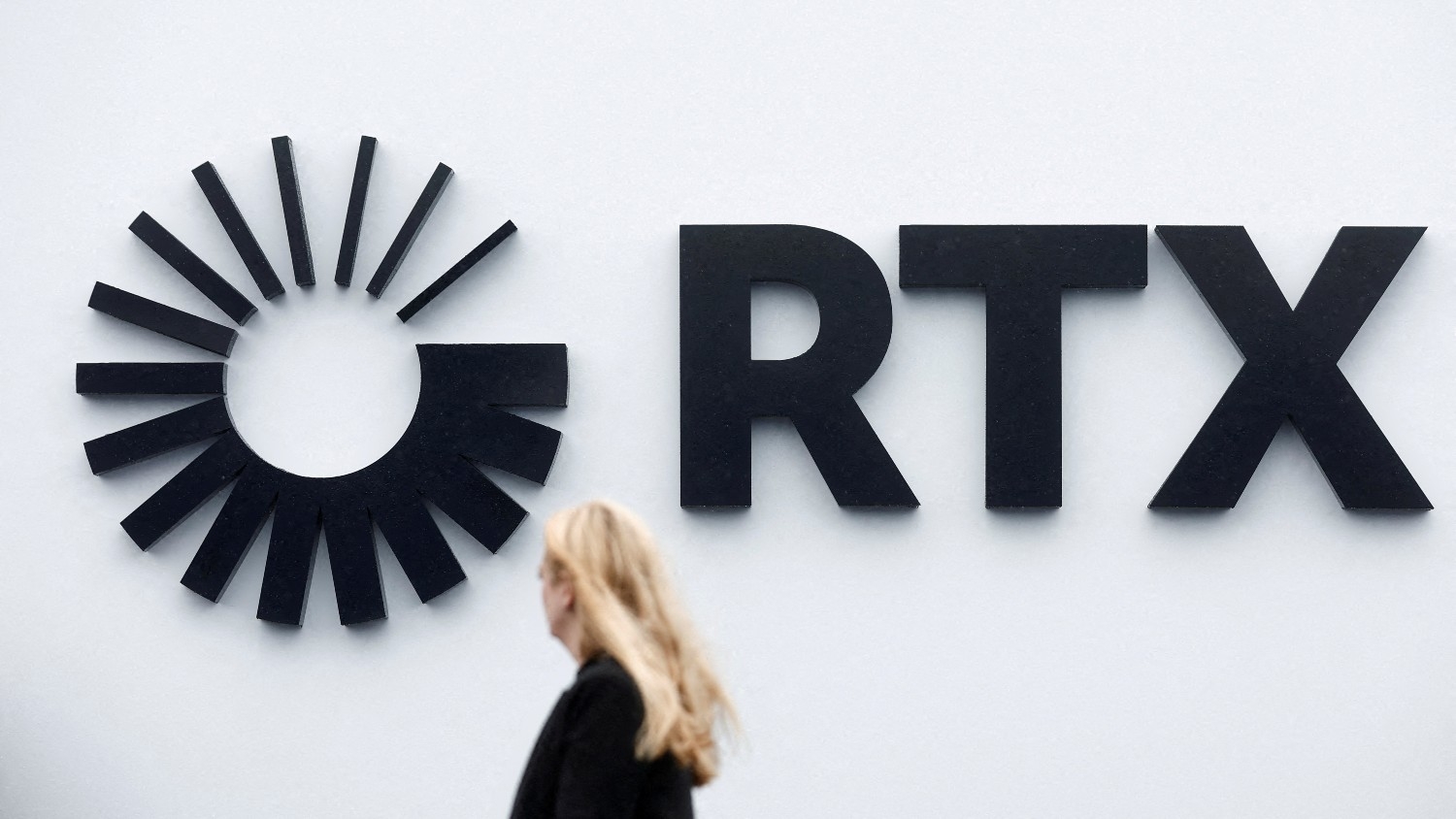
The American weapons manufacturer RTX called off a multibillion-dollar deal with a Saudi weapons firm over concerns that the latter was pursuing business with sanctioned Russian and Chinese entities, The Wall Street Journal reported on Thursday.
People familiar with the talks told WSJ that the unease over engagement with entities from Moscow and Beijing also led to the advisory board of the Saudi firm, Scopa Defense, which was made up of retired US military officers, to resign from the company.
In 2022, RTX, which was formerly known as Raytheon Technologies, and Scopa signed a memorandum of understanding to set up a factory in the kingdom for air defence systems to protect Riyadh from air attacks.
The plan, according to the WSJ, was to bring together radars and several air defence systems that could intercept a myriad of drones and missiles. The kingdom has faced drone attacks in the past, including a major 2019 attack on Saudi Aramco's oil facilities.
The proposed deal was expected to have been an investment of $25bn in Saudi Arabia and would have brought $17bn worth of sales, said Nasr Alghrairi, the former CEO of Scopa who was fired earlier this year.
New MEE newsletter: Jerusalem Dispatch
Sign up to get the latest insights and analysis on Israel-Palestine, alongside Turkey Unpacked and other MEE newsletters
Scopa owner, Mohamed Alajlan, said he also set up two other firms, Tal Military Industries and Sepha Military Industries.
The WSJ reported, citing company records, that he hired an executive from a Russian company sanctioned by the US to run Sepha, and hired a Chinese national to run Tal, which had engaged in talks regarding deals with Chinese firms that are also sanctioned by Washington. The newspaper added that Sepha also held discussions with Russian and Belarusian firms that face western sanctions.
Tal and Sepha, the two Saudi firms, also shared computer servers with employees at Scopa, as Scopa was looking to gain access to sensitive data from RTX, the newspaper reported.
One document showed that Sepha had looked at "marketing Russian ammunition, body armor and surveillance equipment in Saudi Arabia, assembling Russian attack helicopters there, and manufacturing armored vehicles with Russia’s Military Industrial Co".
Middle East Eye reached out to RTX and the Saudi embassy in Washington for comment on this report, but did not receive a response by the time of publication.
Saudi balancing act
The American embassy in Riyadh knew about the talks that Tal and Sepha were having with Chinese and Russian companies as early as August 2022, according to the WSJ. The embassy told Scopa that it "could seriously hinder the ability of Scopa to enter into contractual agreements with US defense firms".
Alajlan has denied dealing with Russian companies and says any transactions with Chinese companies are limited to securing raw materials to use for producing ammunition and armoured vehicles.
“We don’t work with any companies that have international sanctions,” Alajlan said in an interview with the WSJ.
Any suggestions that he was working with sanctioned firms “are all rumours, inaccurate and illogical and unrealistic”, he said.
A US official told the newspaper that Washington is aware of concerns that Alajlan’s companies had dealings with sanctioned Russian and Chinese entities.
The failed deal comes as Saudi Arabia has sought to balance its ties with the US and western countries and its relations with the American adversaries, China and Russia.
In recent years, Saudi Arabia has drawn closer to China, its largest trading partner, and this year the Gulf kingdom was invited to join the Brics group of emerging economies.
Last year, Riyadh hosted Chinese President Xi Jinping for a regional summit, with Beijing this March brokering a rapprochement between the kingdom and its main rival in the region, Iran.
But the kingdom remains heavily reliant on US security support and wants Washington to agree to a mutual defence pact in exchange for any normalising of relations with Israel.
The WSJ reported that in addition to RTX, other western companies including Italy’s Beretta Defense Technologies and shipbuilder, Fincantieri SpA, have backed away from working with Scopa - a factoring decision was their concerns about Russian and Chinese business.
Middle East Eye delivers independent and unrivalled coverage and analysis of the Middle East, North Africa and beyond. To learn more about republishing this content and the associated fees, please fill out this form. More about MEE can be found here.


